I keep forgetting to post this link on here. The photo at the top of my blog is from a skit I conceived and helped put on in the VTS variety show my junior year at seminary. Here it is: Episcopal Girl from the 2010 VTS Spring Variety Show:
Page 9 of 11
Luke 8:16-18 — “No one after lighting a lamp hides it under a jar, or puts it under a bed, but puts it on a lampstand, so that those who enter may see the light.For nothing is hidden that will not be disclosed, nor is anything secret that will not become known and come to light. Then pay attention to how you listen; for to those who have, more will be given; and from those who do not have, even what they seem to have will be taken away.”
I know this will come as a shock to many of you, but I can’t hide it any longer: I love glitter. It’s true, I can’t deny it: gawdy or glorious, sequins or spangles: if it sparkles, I’m a happy girl. Now, I know what you’re thinking, “But Audrey, glitter gets everywhere and is impossible to clean up.” // // // Exactly.
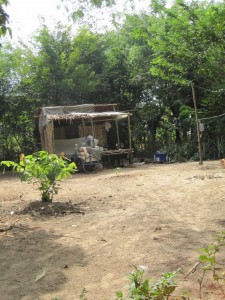 The home we arrived at was made entirely from bamboo apart from a thatch roof fashioned from palm leaves. It was on stilts two feet above the group to protect from flooding during the annual rainy season. A tiny, old woman was sweeping the floor in preparation for our arrival.
The home we arrived at was made entirely from bamboo apart from a thatch roof fashioned from palm leaves. It was on stilts two feet above the group to protect from flooding during the annual rainy season. A tiny, old woman was sweeping the floor in preparation for our arrival. No. The Holy Spirit has been and continues to be the presence of God in creation. The second verse of the Bible introduces the Holy Spirit when it says, “the earth was a formless void and darkness covered the face of the deep, while a wind from God swept over the face of the waters.” The wind was the Spirit already moving through the formless void. When God breathed life into the creation that breath was the Holy Spirit. That breath was the Holy Spirit. Time and time again we hear in scripture about the breath of God moving on the earth and affecting change. In our creed we proclaim that “we believe in the Holy Spirit, the Lord the Giver of life…” But in our lives, how many of us really feel like we experience the Holy Spirit on a daily basis?
When I went to Myanmar in January I went expecting my heart to be broken open for the people there and for the plight they were facing. I went already planning my next mission trip to Tanzania for this summer. I went telling the Spirit what I expected to get out of it. // Those are the times when God laughs the hardest; when we tell God our plans. // If you had told the disciples that the Holy Spirit was going to rain down fire upon them and they would instantly become multi-lingual evangelists for the Gospel of Christ, they would have laughed. It seems that despite all of the amazing things they witnessed during their time with Christ they still thought they had it all figured out. // Myanmar broke my heart open, but in ways I wasn’t anticipating or ready for. // This summer I will be living in Maine. I am not going to Tanzania; the Spirit told me that I wasn’t supposed to go on that trip.
“I praise you because I am fearfully and wonderfully made;
your works are wonderful, and I know them well.” Psalm 139:14
 Now, I don’t know about you, but when I am praying I find it easy to thank God for the people who are blessings in my life. There is often a long list of loved ones for whom I pray. But I do not often stop and pray for myself. To thank God for the awesome gift of making me just as I am. For my voice and my compassion. For my emotions that sometimes run wild, but always help me connect with the present. Today I am thanking God for the quiet breeze, the gentle rain, the gift of rest, and the wonder of being embodied.
Now, I don’t know about you, but when I am praying I find it easy to thank God for the people who are blessings in my life. There is often a long list of loved ones for whom I pray. But I do not often stop and pray for myself. To thank God for the awesome gift of making me just as I am. For my voice and my compassion. For my emotions that sometimes run wild, but always help me connect with the present. Today I am thanking God for the quiet breeze, the gentle rain, the gift of rest, and the wonder of being embodied.  The irony of this quiet day is not lost on me. Today is Ash Wednesday, and also a quiet day here at VTS. Quiet days are my favorite days of the semester. We started the morning with Eucharist and imposition of ashes followed by an opening meditation by the Rev. Martin Smith. His meditation focused on the need to allow ourselves the vulnerability of getting dirty before we are ready to be washed by Christ. He quoted Thomas Merton who said, “We have what we seek. It is there all the time, and if we give it time it will make itself known to us.” Merton is referring to those things we seek in prayer, and Rev. Smith was using this quote to illustrate that our time of intentional prayer and quiet, when we seek to open ourselves to God, is actually us opening ourselves to the mind of Christ which is already in us. (I Corinthians 2:16)
The irony of this quiet day is not lost on me. Today is Ash Wednesday, and also a quiet day here at VTS. Quiet days are my favorite days of the semester. We started the morning with Eucharist and imposition of ashes followed by an opening meditation by the Rev. Martin Smith. His meditation focused on the need to allow ourselves the vulnerability of getting dirty before we are ready to be washed by Christ. He quoted Thomas Merton who said, “We have what we seek. It is there all the time, and if we give it time it will make itself known to us.” Merton is referring to those things we seek in prayer, and Rev. Smith was using this quote to illustrate that our time of intentional prayer and quiet, when we seek to open ourselves to God, is actually us opening ourselves to the mind of Christ which is already in us. (I Corinthians 2:16)
After talking about this he took a comedic turn and talked about the American obsession with hygiene. As a Brit, he said that it was a culture shock to move to this country and be bombarded with advertisements for tooth whitening, deodorizing, anti-bacterial, etc… products at every turn. Our obsession with cleanliness is quite different than a lot of the rest of the world. Through his meditation he encouraged us to embrace our dirtiness today; to realize the grace inherent in our weakness. He said: “We cannot become priests until we know the sacramentality of our shadow.” This resonated deeply with me. He encouraged us to go off and embrace the dirt we had wiped on our foreheads as a symbol of the dirt in ourselves. He told us to go off and become, “dirty angels.”
The irony comes after that point when I returned to my room to engage in what I had already discerned as my practice for this quiet day. It was to start with a nice, hot bath. I returned to my room and thought about it for a short time. Was I disregarding what I had heard this morning? No, I was not… I was internalizing it. I drew the water into the tub and soaked for a bit as I thought about the inability of that water to clean what was really underneath it all. I do some of my best thinking in the tub and so this was, just as I discerned, a perfect start to my quiet day. I remain amused that Rev. Smith’s opening meditation spoke so directly to my private plans for the day.
The rest of my day has been spent simply resting with God. I read some of my book about the Ignatian Examen prayer. (The Examen is the spiritual practice I am adopting for Lent.) I laid on my bed and simply listened for God. I enjoyed lunch, silently, with my peers in the refectory. And I have breathed. Oh sure, I have taken a break here and there, but all in all I felt called to a very intentional day of Sabbath and I am grateful that VTS sees the importance of such a habitual practice in the school calendar.
Our closing meditation begin in a half hour. I intend to go to that meditation and then return to my room for continued Sabbath, meditation, prayer, and maybe some sermon writing -if the Spirit is feeling so inclined. It is days like these that make this finite journey feel infinite. I can here the beeping of construction trucks off in the grove but aside from that my heart and my head are quiet. It is nice to enjoy a day of solitude with God. For me, this is the perfect entry into the wilderness.
…dorm. There is no place like a dorm. Dorms are a wonderful place. I have a room all to myself, a common room to share a glass of wine and a song, and study rooms to… well, to store the vacuum actually. Living in community is a curious thing. You spend all of your time with these people from various walks of life who have all converged because of a shared calling. We are all called to be ministers of one sort or another. Some lay, some ordained, all crazy in our own little way. Fascinating.
 Every Wednesday night at 9 we gather for “Whine on Wednesday.” A lovely little get together where we share a cup and some laughs to gear up for the rest of the week. Tonight I found myself looking around the room feeling proud that I will be sharing in church leadership with these folks.
Every Wednesday night at 9 we gather for “Whine on Wednesday.” A lovely little get together where we share a cup and some laughs to gear up for the rest of the week. Tonight I found myself looking around the room feeling proud that I will be sharing in church leadership with these folks.
Jenny and Jonathan wrote a lovely Eucharistic prayer that the former presiding bishop of the Episcopal church prayed as he presided at the table. Lara and Ginny sang some fabulous songs. Murmuring in the background rumbled along about preaching for the first time in homiletics class, the Ethics exam that schooled us this morning, and the Church History paper that will take over the lives our the junior class this coming week. I found myself thinking how lucky I am to be here and that my biggest concern, at this the halfway point in my seminary career, is how I am to spend my summer of formation.
God is good, all the time.
Click here to view this photo book larger
This is part of my final project for the Myanmar course. I have ordered this book that I built to accompany me as I make presentations.
Enjoy!








I spent this morning writing my Ash Wednesday sermon. This may sound a bit odd in light of the fact that it is the day after Thanksgiving and only 3 days before Advent 1, but I assure you, all of these things played a heavy role in the text that resulted. First of all, the sermon is for my preaching class and since I do not have another sermon to be preached at field ed this semester I figured it would make good sense to write a sermon that I will use next semester. Second, since Advent is another penitential season of the church year I was able to settle into the task quite well. For me, the connection between Lent and Advent is intrinsically bound so going to that place required commitment to begin the journey a few days early.
Ten years ago, when my mother died, Advent became my Lent -A role reversal of sorts that works on the outside because they are both penitential seasons, but in the hustle and bustle of the commercial Christmas season can be quite a difficult feat.
Now, as I prepare for the ten year anniversary of that season and that day, my whole world is different. I am more the woman my mother knew I could be, but that I, in my adolescence, had no knowledge of. I still ache for her: this time of year more than any other. But I smile too, because she would be proud. Advent is my lent. I prepare for a birth as I prepare for a death. I search my heart and ask what God wants of me. My adolescence stopped abruptly and I wasn’t ready. In that time I was so angry and wanted to know what I had done to deserve the ache; but now I ask what I did to deserve such a wonderful woman to be my mother for even those 19 years.
So this Advent will begin with the traditions I learned growing up: with the preparation for a birth. I will decorate. I will sing. I will worship. I will sit quietly and know that God is God. I will be thankful. But a different tradition that I have added to my repertoire is that I will remember. I will remember who it is that God has called me to be, and I will remember the many gifts that God has given me along the way to help me become the woman I am called to be. I will remember and give thanks for my mom.
I listened to a Kris Delmhorst song on repeat for much of my sermon writing process and I offer you now the words of the chorus:
“I’m not on no yellow brick road, got a mind and a heart and guts of my own. I’m not looking for a one to set me free. I’m not on no yellow brick road; I’ll find my own way home. I’m just looking for someone to walk with me.” -Yellow Brick Road by Kris Delmhorst
So, I invite you now to walk this Advent road with me. I invite you to remember what it is that we are preparing for even when the commercials and store displays try to distract us from the truth. And I invite you to give your loved ones a hug and to thank them for walking with you. Thank you, my friends, for walking with me.


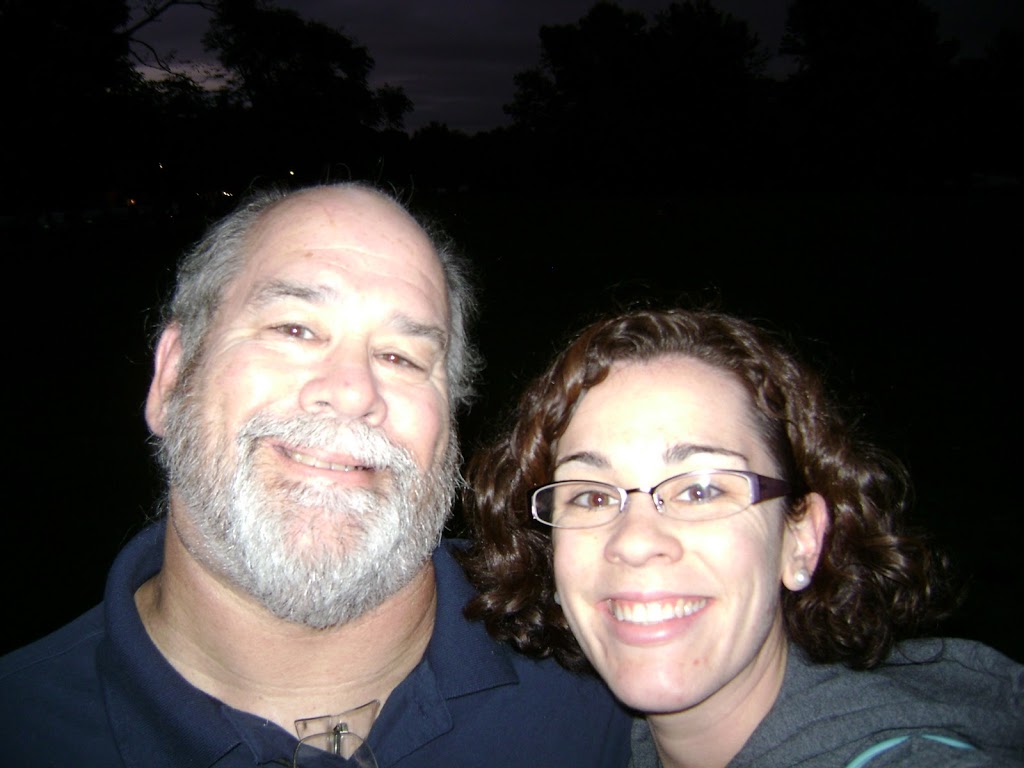
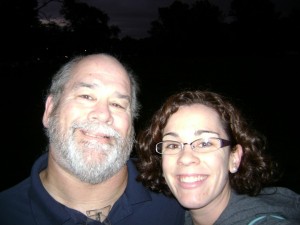
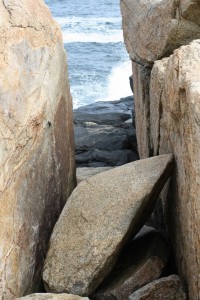

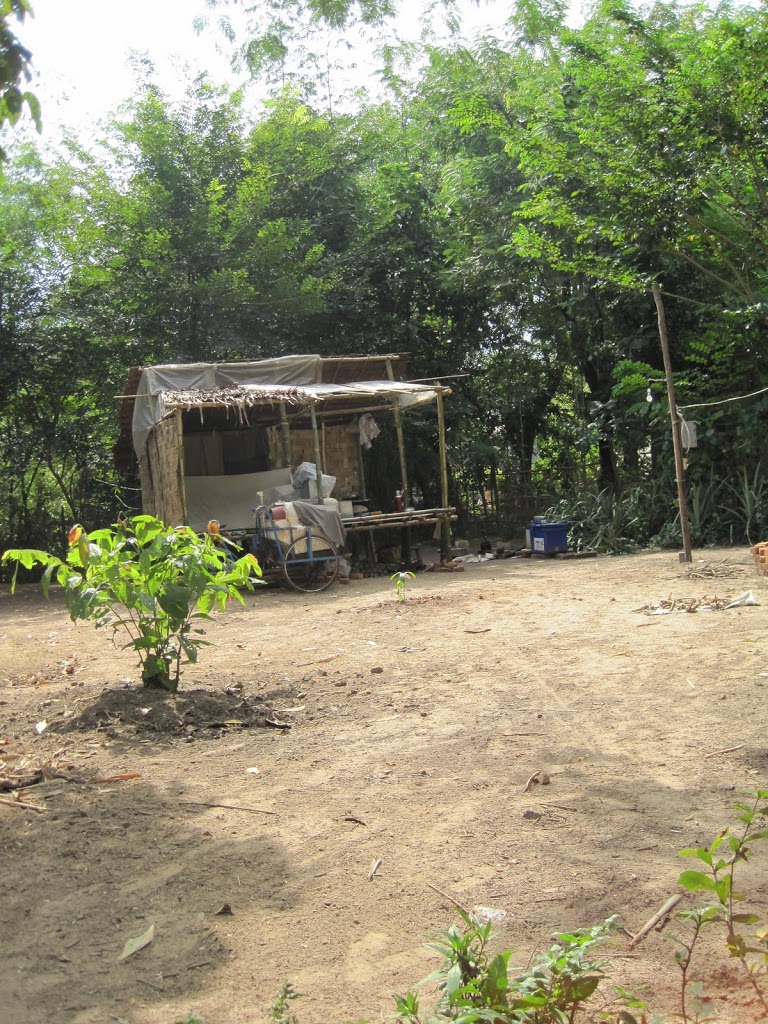
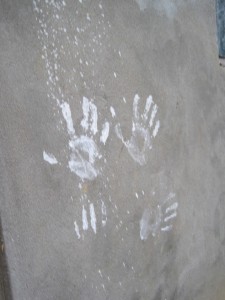
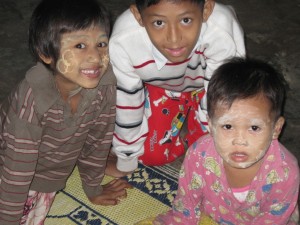






Recent Comments